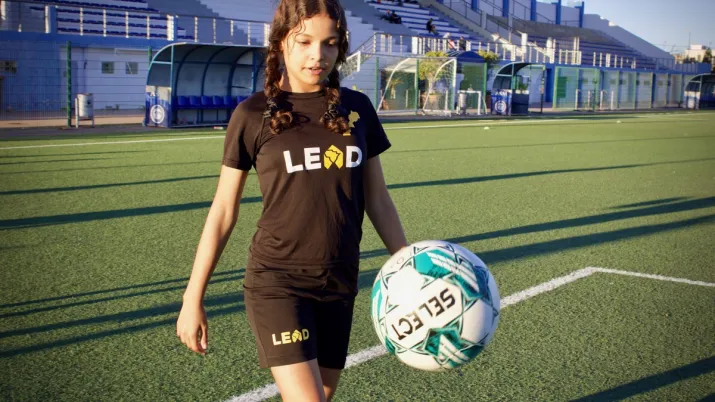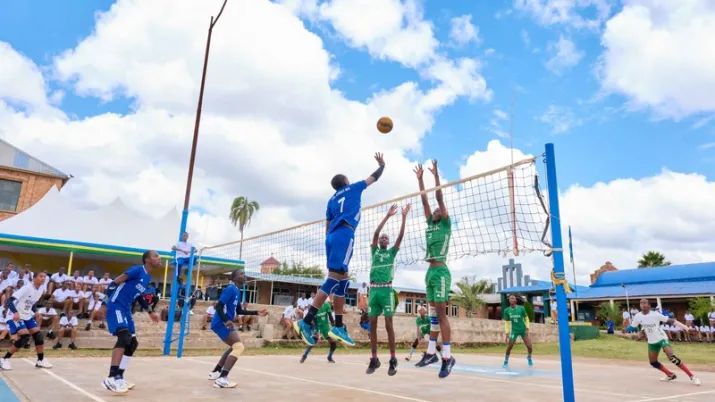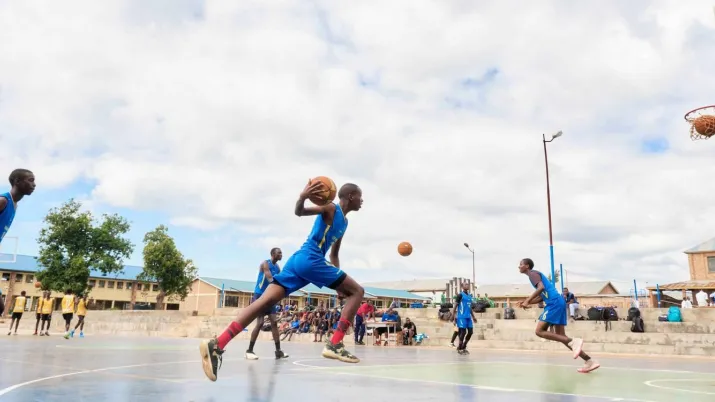Share the page
5 lesser-known benefits of sport
Published on
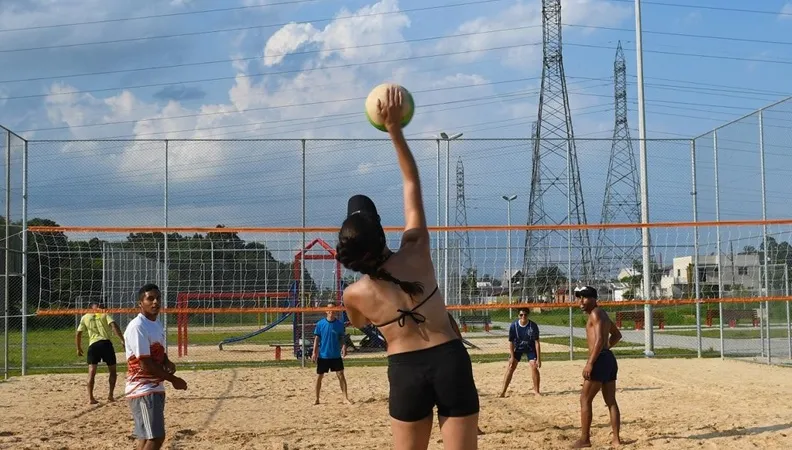
Sport is good for our health, but not only! It is also a tremendous tool for peace, social inclusion and gender equality. Here's an overview.
1. Sport promotes peace and social cohesion
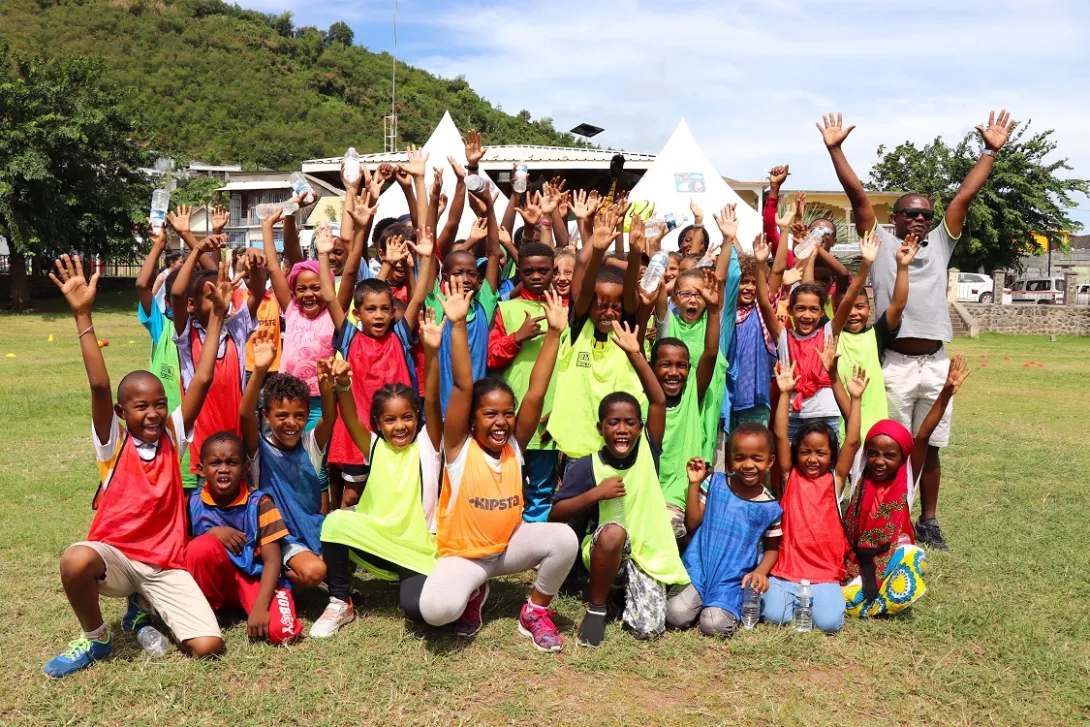
Balls, gloves and rackets are usually synonymous with duals or head-to-heads between teams. And what if they also eased tensions between communities and peoples? This is what is suggested by a study conducted by two researchers from Uppsala University (Sweden) in post-apartheid South Africa. “Sport supports the process of peacebuilding by bridging relationships across groups and communities that might otherwise tend towards distrust and hostility”, a recent United Nations report also points out.
Since 1993, the international organization has been using the concept of Olympic truce during the Olympic and Paralympic Games, renewing every four years its desire to see ceasefires observed. The objectives: promote peace and firstly allow participants to go to the games and participate in them safely.
“For example, United Nations agencies and programs organize football matches between Palestinian and Israeli children. They are small occasional solutions to systemic problems, but they contribute to changing mentalities”, explains Benjamin Coudert, Sport and Development Officer at Agence Française de Développement (AFD).
AFD will soon be launching a digital platform entirely devoted to sport with the aim of connecting actors from the sector and development actors. It should enable projects for sustainable peace to be financed in several regions of the world.
“We remember the call for peace by footballer Didier Drogba during the civil war in Côte d’Ivoire in 2005, which helped restore calm,” explains Christophe Dias, Sport and Development Officer at Agence Française de Développement (AFD). “On both large stadiums and small local pitches, sport inspires, unites, and brings together girls and boys, young and old, people from all social backgrounds… And major sporting events amplify these effects.”
2. It facilitates social inclusion…
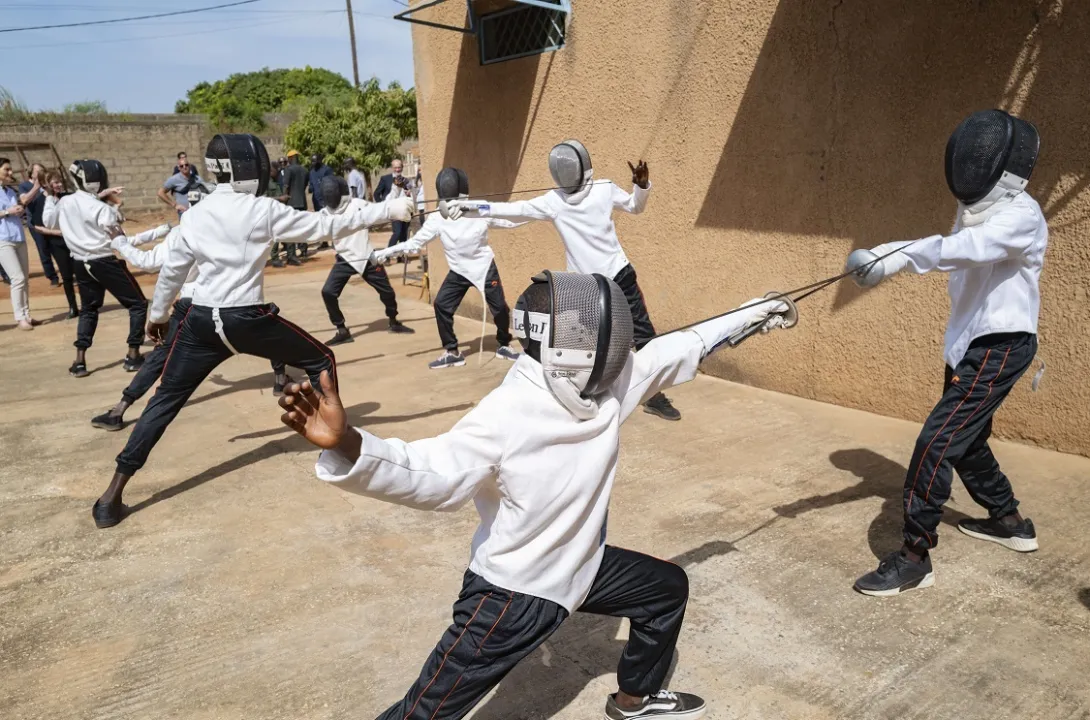
Sport allows people with different origins or social statuses to mix and build or strengthen links. But it is also a powerful integration tool for people in situations of precariousness. It is a universal language.
“Building a football pitch in a strategic location allows children from wealthy families and young people from deprived neighborhoods to get together on the same ground”, notes Benjamin Coudert. “At times when institutions decline, sport can be accorded the status of institution. It will generate values, ideals, it will favor standards and build a language that applies in society as a whole”, observes Thierry Oblet, a sociologist at the University of Bordeaux II.
In Johannesburg, in South Africa, since 2017, thanks to AFD’s support, the NGO Sport for Social Change Network has been organizing sports activities in urban areas to promote the social and vocational integration of young people and deter them from crime. Its magic weapon? A van which allows it to travel around with the sports equipment to meet people in various neighborhoods in the city to organize physical activities and games.
Dive deeper
AFD was one of the first development banks to adopt a Sport and Development strategy in 2019 to promote sport for all. Since then, it has supported more than 200 initiatives in this field.
3. ...and strengthens education and skills development.
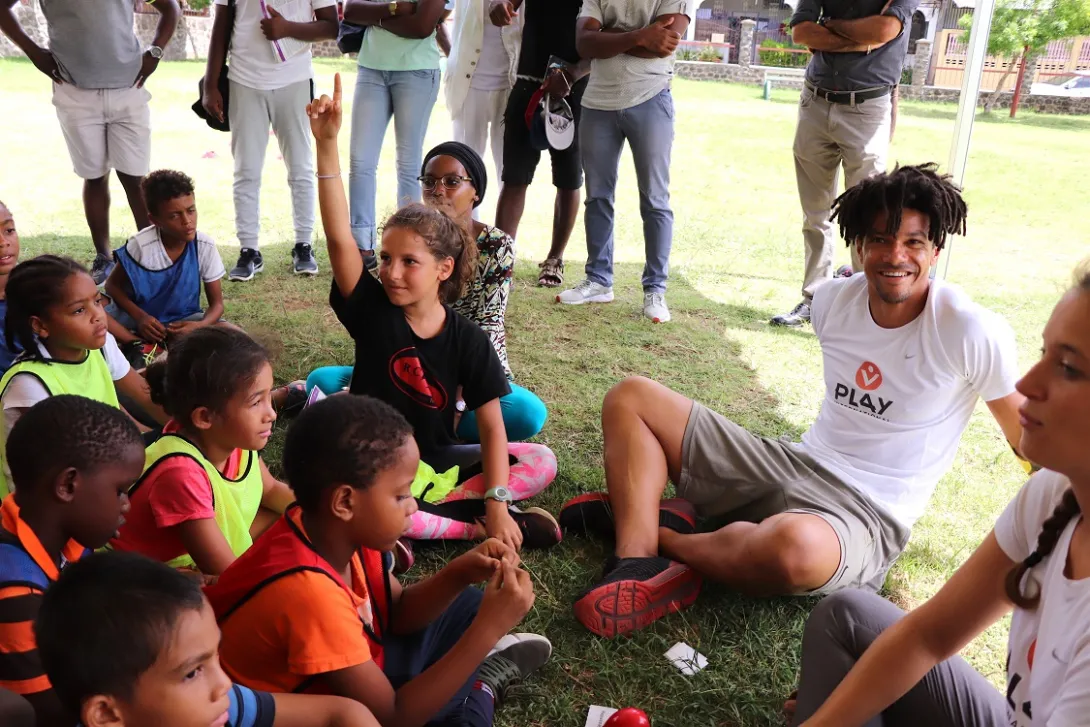
Sport is also a tool to raise young people’s awareness of issues such as sexually transmitted diseases, nutrition, or environmental protection—all while having fun. “It conveys universal values and helps build life skills. At school, it is the only subject that engages the body in the learning process,” notes Christophe Dias.
The NGO Play International, which AFD has supported for several years, specializes in “playdagogy,” a participatory and active teaching method. It makes it possible to address social and health issues in a playful and positive way.
In Burundi, Senegal, Liberia, and Kosovo, Play International’s Ejo project—backed by a €2 million AFD grant—has had a positive impact on the lives of more than 80,000 children. This initiative promotes inclusive education through sport by training educators and supporting children around the importance of schooling and the fight against discriminatory behavior.
4. Sport helps mental health

While the benefits of sport for physical health are well known, its effects on mental health are less so. According to the World Health Organization, physical activity can help reduce symptoms of depression and improve brain function—and that’s not all.
“Playing sport helps build self-confidence, rebuild oneself, and achieve mental balance, especially among young people who face many challenges,” explains Christophe Dias. “Several studies show that investing in physical activity and sport can generate significant savings in public health spending.”
In South Africa’s townships, young people face traumatic events, high unemployment, and abuse on a daily basis—a negative spiral that often prevents them from imagining a future for themselves. The Waves for Change project offers surf therapy sessions combined with expression workshops that help young people develop a sense of belonging to a community, build connections with their peers, and strengthen their emotional resilience.
5. ...and boosts the local economy
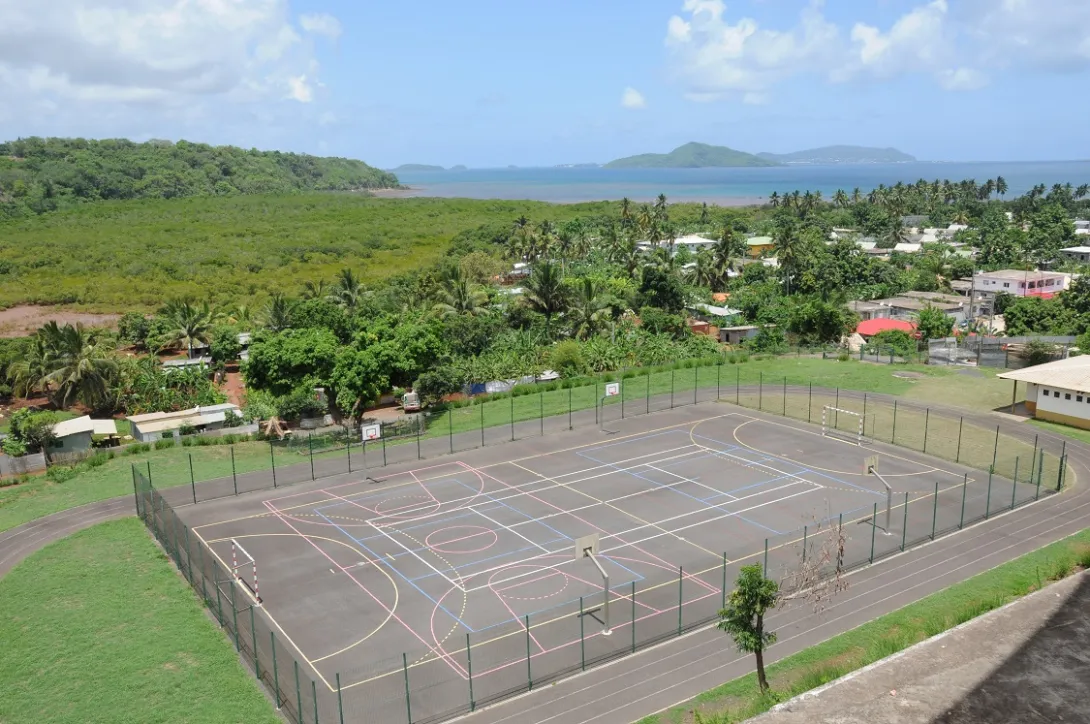
Sport not only stimulates muscles but also boosts the economy of the countries where it is practiced. Its development in local areas leads to the establishment of businesses—and therefore the creation of local jobs—linked to the various needs it generates: equipment manufacturing, infrastructure maintenance and operation, rentals, transport, team management, catering… all activities that are difficult to relocate.
Sport’s place in the global economy continues to grow. “It now accounts for between 2 and 3% of global GDP, and its growth rate is higher than that of the world economy. In Africa, however, it represents only 0.5% of GDP. Its economic potential is therefore considerable, especially since by 2050 one in three young people will be African,” notes Christophe Dias.
In related news
From Paris 2024 to Dakar 2026: can sport deliver on the Sport4SD promises?
Published on July 1, 2025

